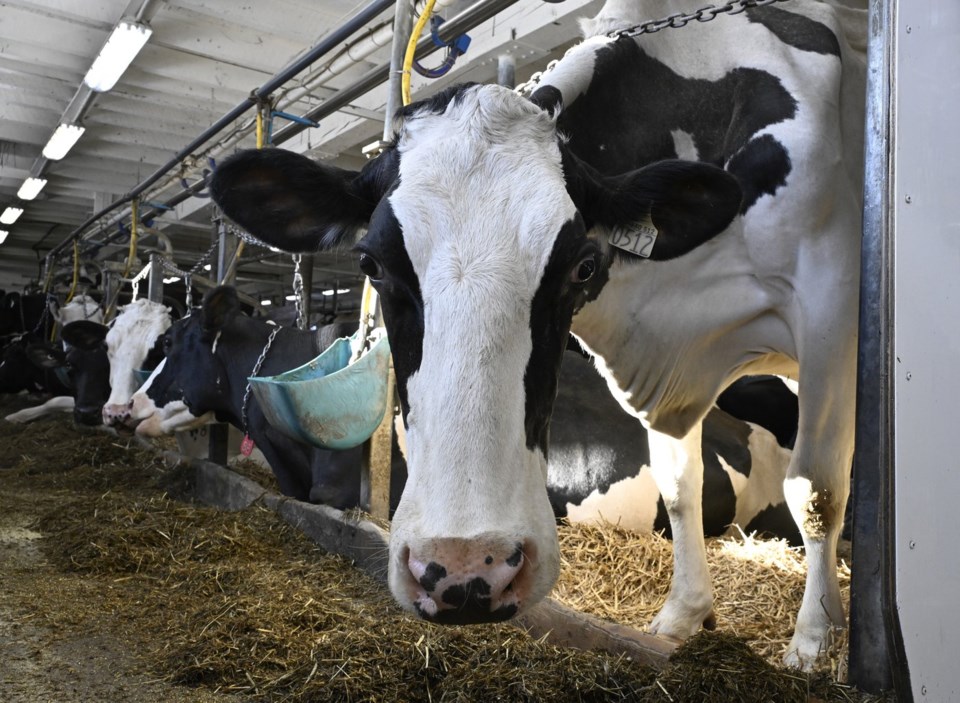CALGARY — As an outbreak of avian influenza in dairy herds south of the border continues to spread, Canadian officials say they are doing everything they can to protect this country's livestock industry. Since March — when a highly contagious strain of A(H5N1), or bird flu, was first discovered in dairy cows in Texas — a total of 68 herds in nine U.S.
states have confirmed cases of infection. Last week, a third human case of the virus was identified in a dairy farm worker in Michigan. So far, not a single case of the disease has been found in Canadian cows.

But the possibility that it could show up here is real, said Dr. Martin Appelt, senior director of animal health programs for the Canadian Food Inspection Agency. "The risk is certainly there," Appelt said.
"And that certainly puts Canadian dairy producers in an awkward position, which I fully appreciate, which is what happens if it happens?" The CFIA is preparing for the possible emergence of cases of avian flu in livestock on this side of the border through enhanced surveillance and testing. Lactating dairy cattle being imported from the U.S.
to Canada require a negative test for the virus before they can cross the border, and the CFIA is also conducting tests of milk destined for retail sale to look for traces of the virus. While the science around avian flu and its transmission is still evolving, there are indications that the virus can replicate rapidly in the mammary glands of lactating cows, which may be why d.























